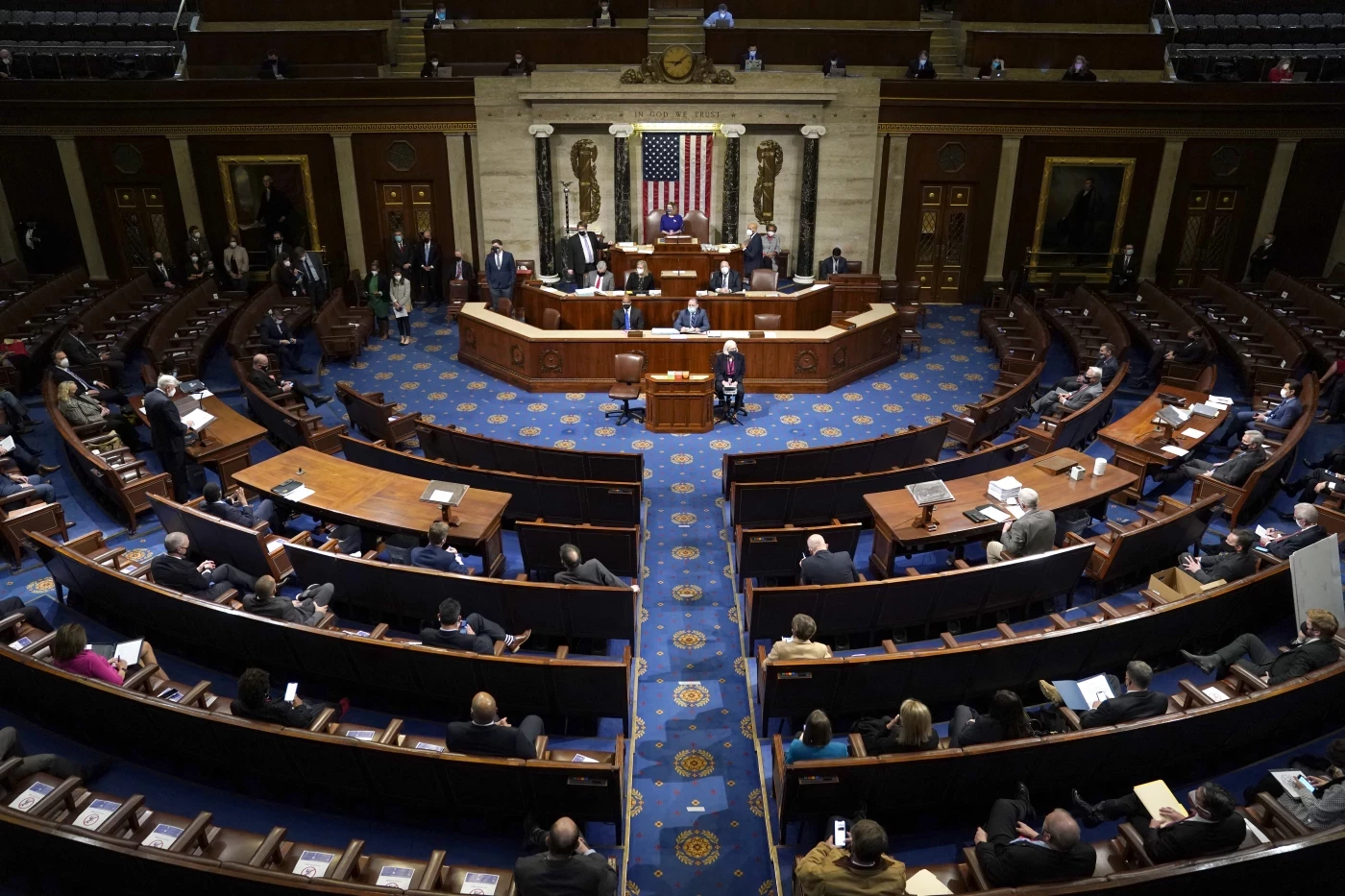ERBIL, Kurdistan Region of Iraq - The United States House of Representatives on Wednesday voted to repeal the Authorization for Use of Military Force (AUMFs) which provided legal authority for the 2003 invasion of Iraq and the 1991 Gulf War.
The measure was adopted in a 261 to 167 vote, with all 212 Democrats voting in support of passing the bill, joined by 49 Republicans, which account for one-fifth of the party’s entire representation in the House.
The bill will now be sent to the Senate for consideration.
The Iraqi Embassy in Washington welcomed the vote in a statement on Thursday, saying it “represents a strengthening of the principle of sovereignty, and opens a new page in the course of Iraqi-American relations on the basis of mutual respect and shared interests.”
“We consider this decision an important milestone in the development of our relations with our friends in the United States of America, and a clear message to the international public that Iraq today is a partner in peace, and an active voice in issues of development and shared prosperity,” the embassy added.
Legal expert Ali al-Tamimi told The New Region that the decision means Congress has officially canceled old laws that gave former presidents George H. W. Bush and George W. Bush wide powers to wage war on Iraq without seeking new approval each time.
The 1991 authorization was used to launch the Gulf War to expel Iraqi forces from Kuwait, while the 2002 authorization was used to invade Iraq and topple Saddam Hussein’s government.
Tamimi said the repeal is a recognition that Saddam’s rule has long ended, leaving no legal reason for the authorizations to remain. He added that the move is also designed to prevent future US presidents from using those powers to conduct military operations in Iraq or elsewhere in the region without Congress’ consent.
He described the repeal as a “symbolic step” that could help improve ties between Washington and Baghdad by signaling that the United States is no longer at war with Iraq.
Tamimi said the decision does not affect current cooperation against Islamic State (ISIS) militants, which continues under new agreements and separate approvals rather than the old war laws.



 Facebook
Facebook
 LinkedIn
LinkedIn
 Telegram
Telegram
 X
X


